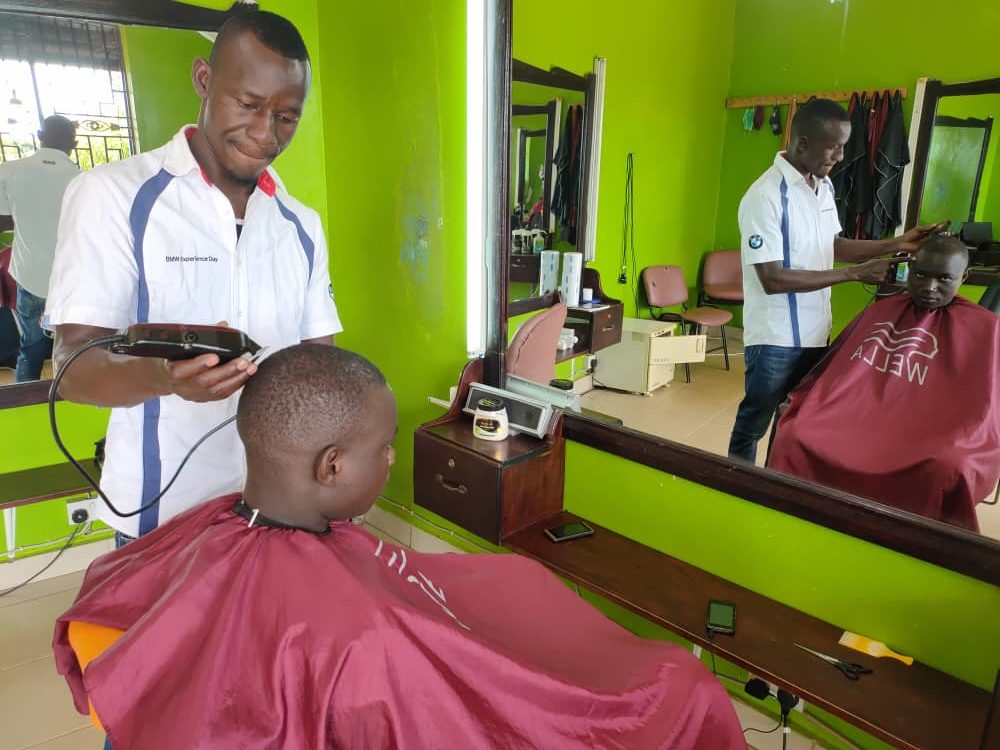Nebbi Municipality has recorded a 35% drop in revenue collection as a result of the COVID-19 pandemic’s toll on businesses. This has affected service delivery and led to suspension of some of the Council’s services.
Municipality authorities pinned the decline in revenue collection on the closure of several business establishments in the wake of the pandemic and related containment measures instituted by the government since March this year.
According to Nebbi municipality Town Clerk, William Makune Abwoli, the reduced revenue has affected implementation of key services including garbage collection and solid waste management since they are locally managed using local revenue.
“We are facing challenges in collecting taxes from our local business enterprises in the post COVID-19 era. Many have lost their businesses and those who are operating, cannot afford to pay the taxes promptly,” Makune said.
Bernard Paul Cwinya-ai, the in-charge Revenue Desk Officer, Nebbi Municipality, says that the Council registered over 1500 business premises in the 2019/20 financial year, with projected revenue of Shs 54m, but only Shs 33m was collected from them.
“Many businesses within the Municipality are operating illegally, which is also a roadblock for effective revenue collection,” Cwinya-ai said.
Cwinya-ai adds that 16% of businesses have closed down in the post COVID-19 era.
Businesses hard up
Savor Munguriek, a saloon operator in Nebbi Town, says he still owes rent arrears and is running his business with loans.
Munguriek said he took a Shs 1m loan to boost his saloon business, but in the process of implementing the COVID-19 directives, he spent the money on feeding and paying his workers who were also idle during lock down.
The saloon owner believes it is unrealistic of Municipal authorities to expect the usual level of tax compliance under current conditions.
“I was not operating my business for the last six months. It sounds vague to require me to pay tax since we have just started recovering from lockdown and customers are scarce,” Munguriek said.
He called on government to organize tax and financial relief packages for small business owners who, like him, have been hardest hit by the pandemic.
“Government should intervene with liquid cash to help us revive our businesses and waive taxes on businesses which remained closed for months in adherence to the presidential directives on COVID-19,” he said.
Munguriek is, however, optimistic that saloon owners are on the path to recovery despite the challenges they have faced in previous months. Munguriek said other business people in the Municipality are disinclined to pay taxes whose impact, they claim, is not reflected in improved service delivery from the council.
“Since Nebbi was granted Municipal status in 2017, the service delivery is very poor, road networks are poor, with many potholes and the drainage system sometimes results in flooding of the roads.”
However, the Mayor Nebbi Municipality, Geoffrey Ngiriker advised the local business community to pay their taxes and promote locally made products such that the social welfare of the community can be improved.
“We need to boost our economy through buying locally produced products within our country such as sodas, furniture and clothes to increase our tax base,” Ngiriker said.
Buy your copy of thecooperator magazine from one of our country- wide vending points or an e-copy on emag.thecooperator.news
